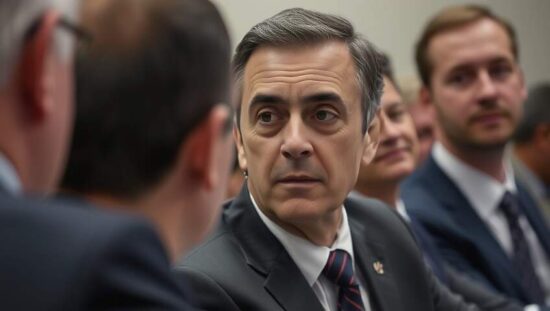The German government is moving to explore options for housing asylum seekers outside of Europe, signaling a shift in its approach to migration management. Interior Minister Alexander Dobrindt, of the CSU party, announced the planned adjustments during a meeting with European counterparts on Friday.
The intended policy change aims to remove a previously required link between asylum seekers and the third countries being considered for relocation. This change would remove a barrier to models such as the “Rwanda model” which have been previously hindered by existing European agreements.
The rationale behind the move is to broaden the scope of protection offered by the European Union. Dobrindt emphasized the principle that “protection by the EU” doesn’t necessarily equate to “protection within the EU”. This signifies a desire to explore alternative solutions for providing asylum.
Germany’s government has stated it intends to take a more proactive role in shaping European migration policy, moving away from a perceived position of obstruction. The goal is to “harden and sharpen” the EU’s migration system and create what are referred to as “return hubs” in third-party nations. These hubs would facilitate the housing and processing of individuals obligated to return, primarily outside of European territory.
Concerns regarding the safety and legal standing of asylum seekers in potential third-party host nations remain a significant factor in ongoing discussions and assessments.





